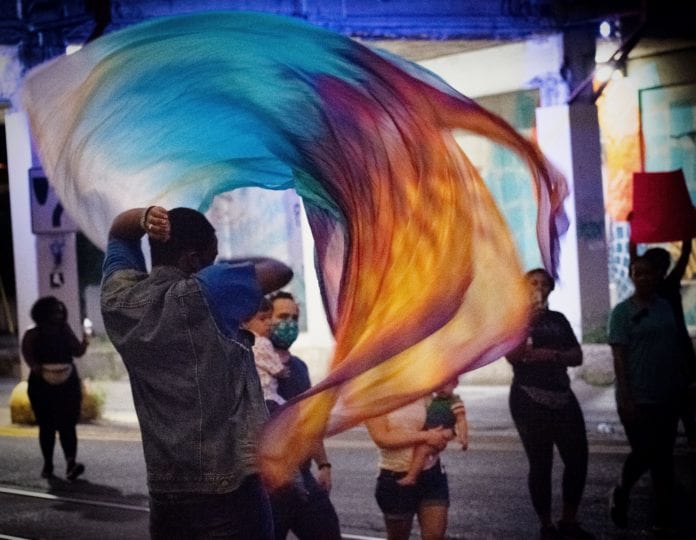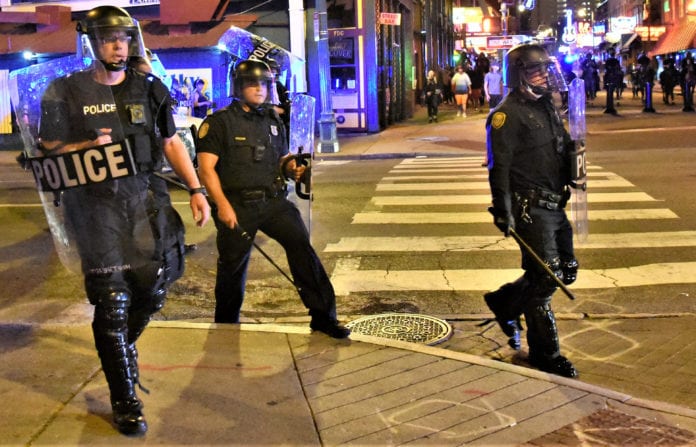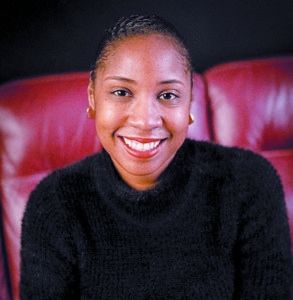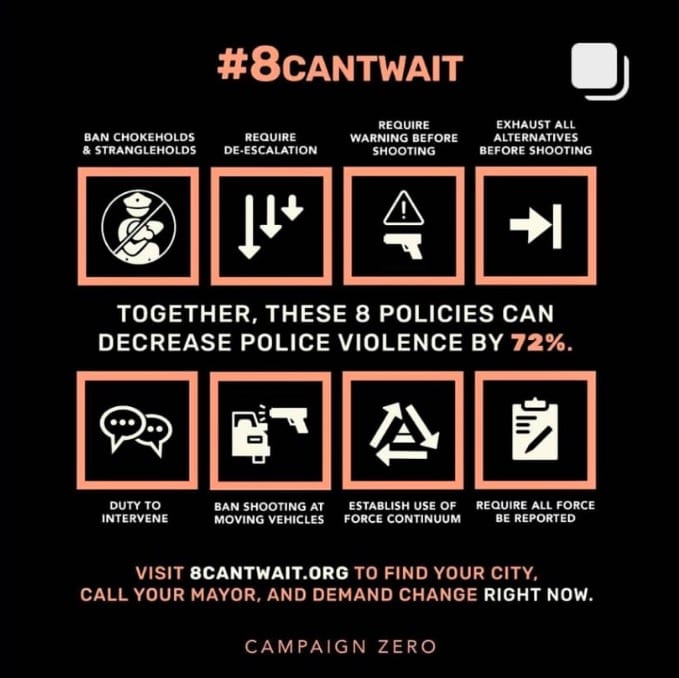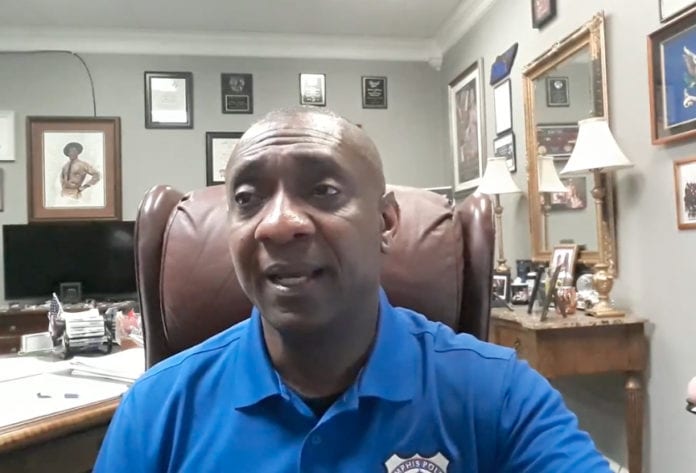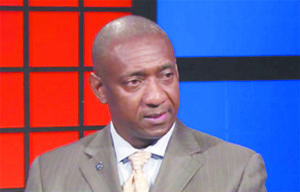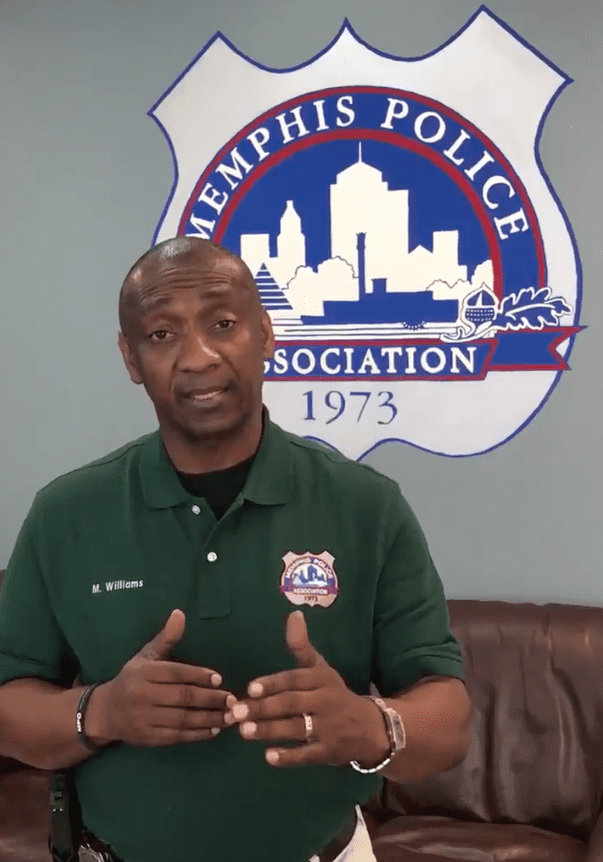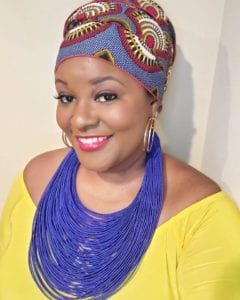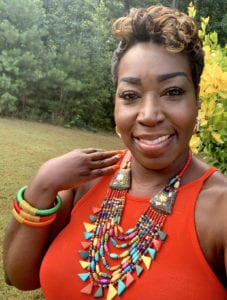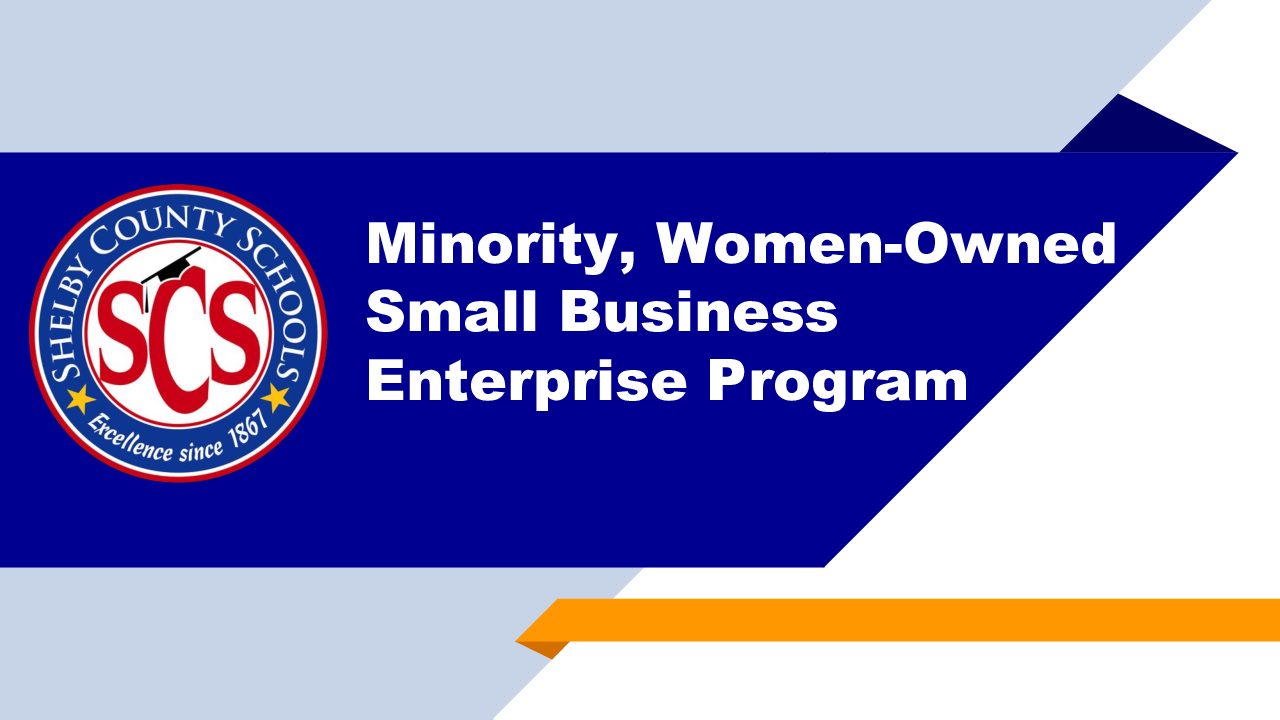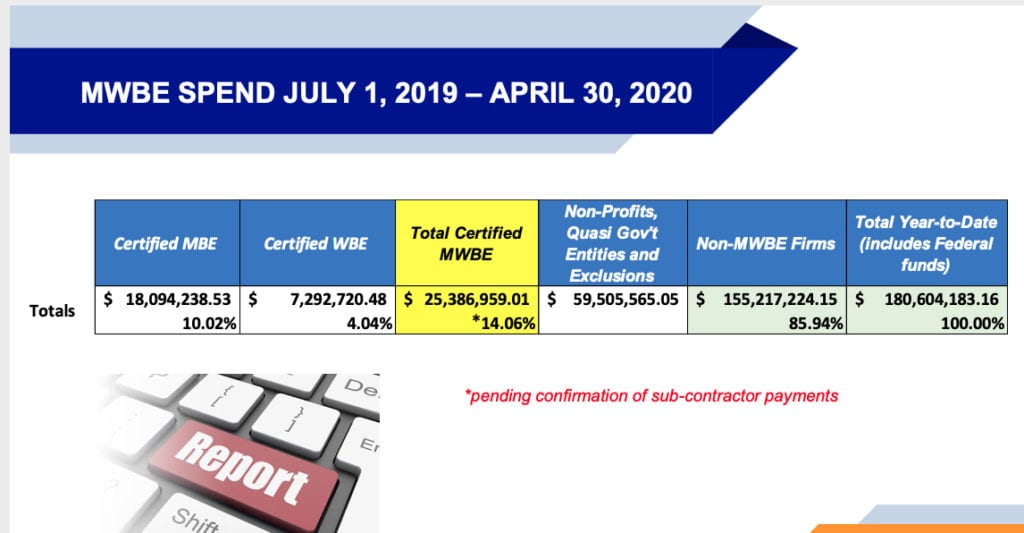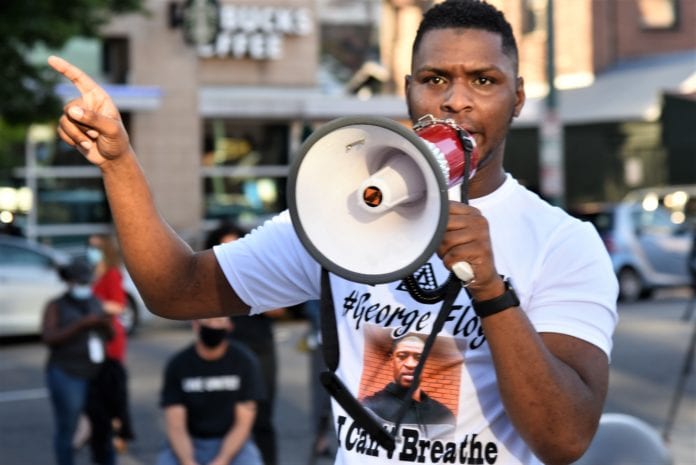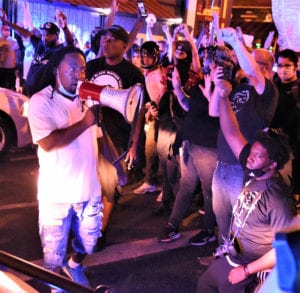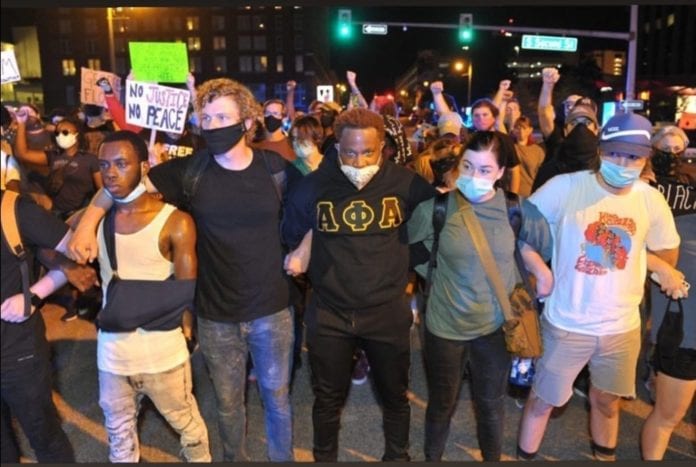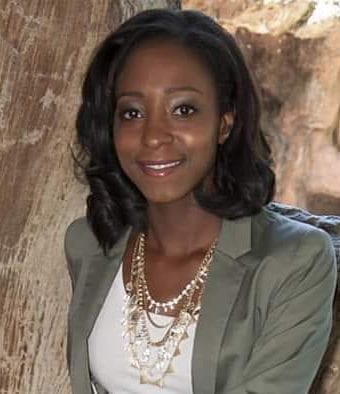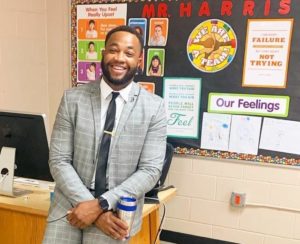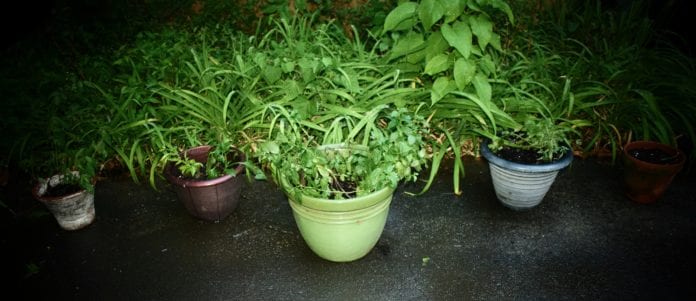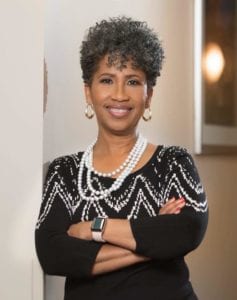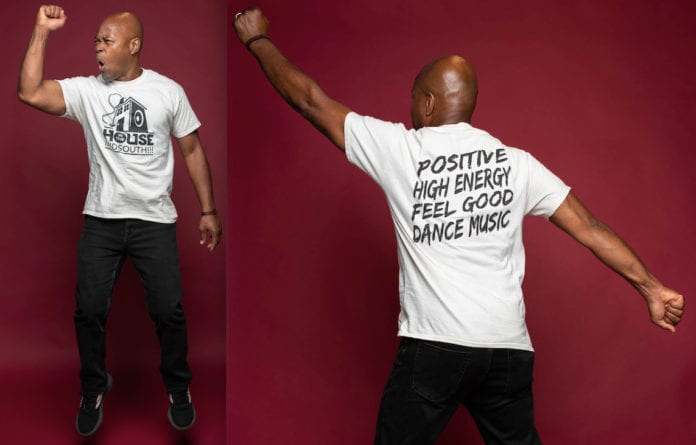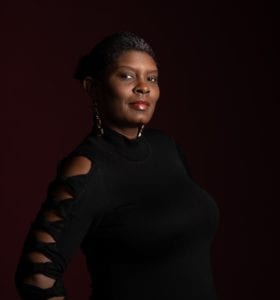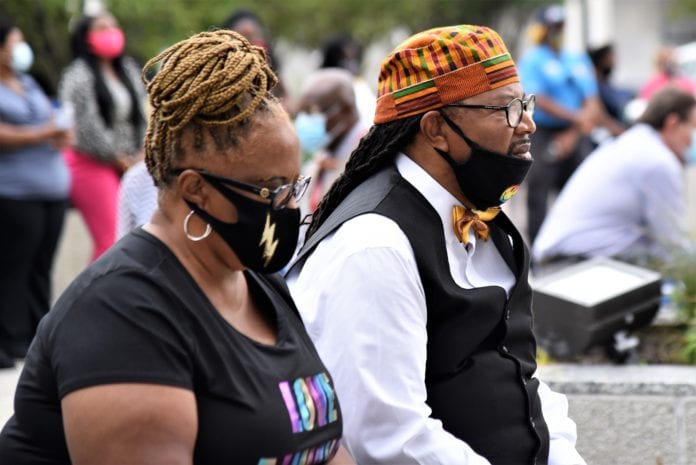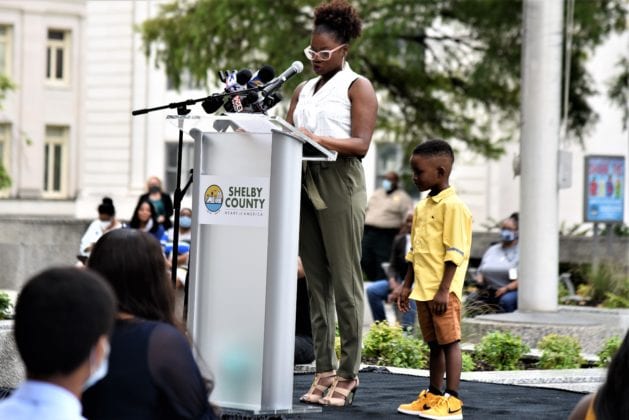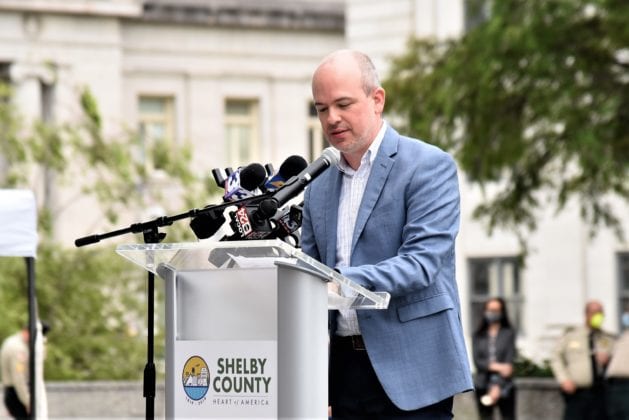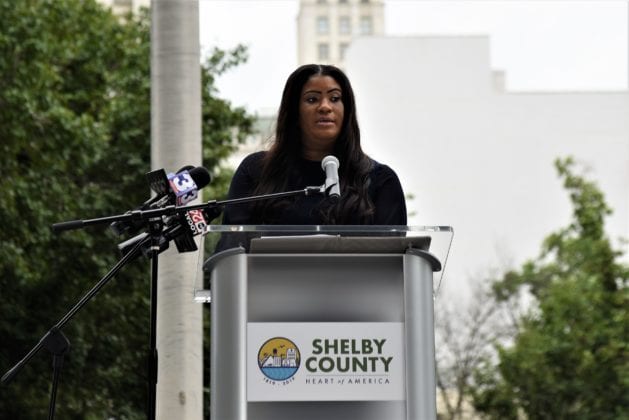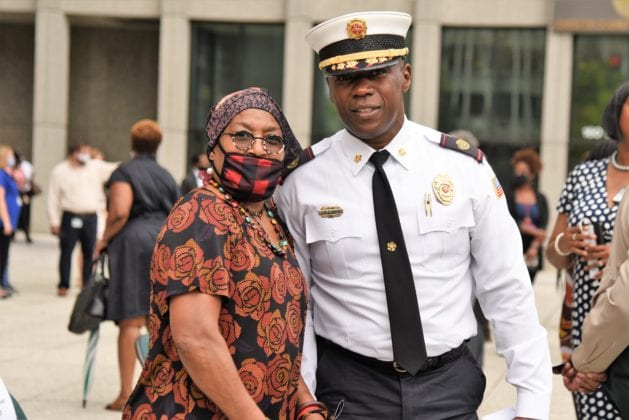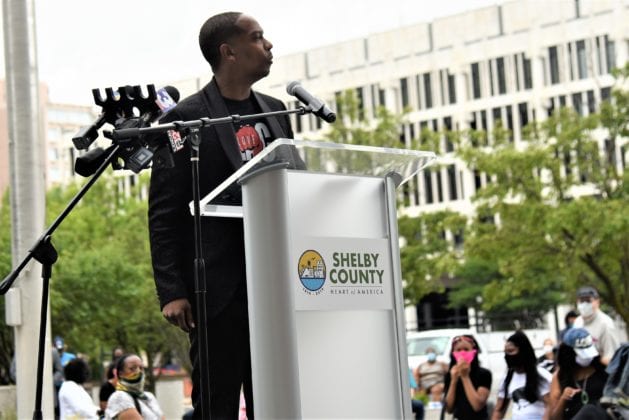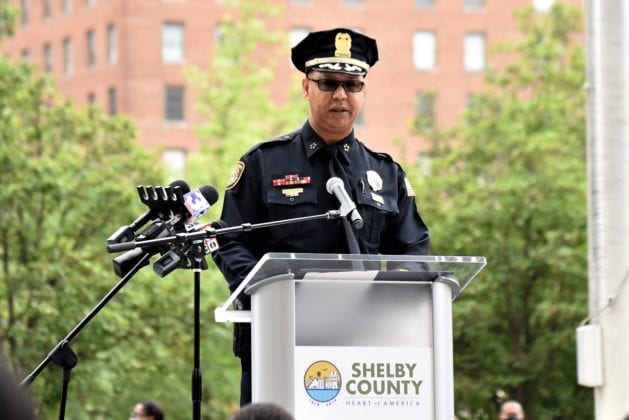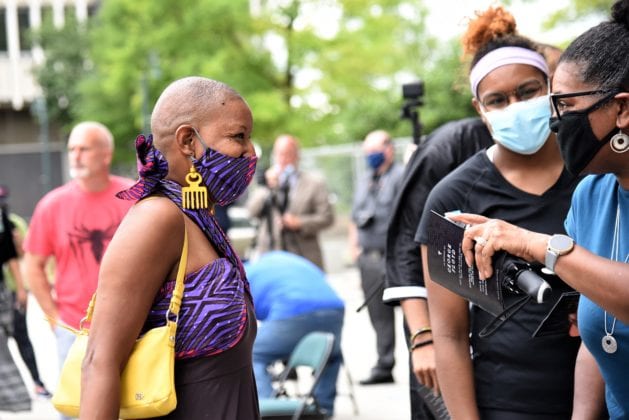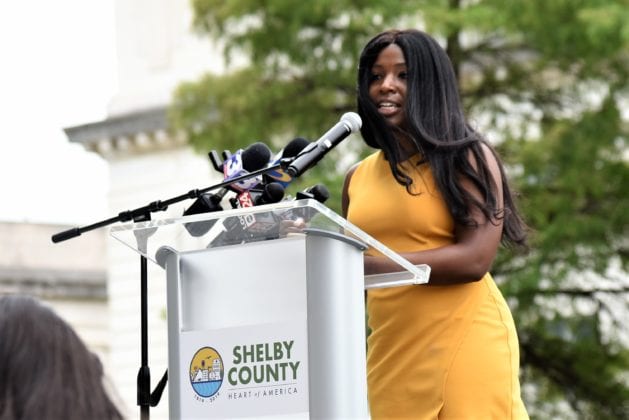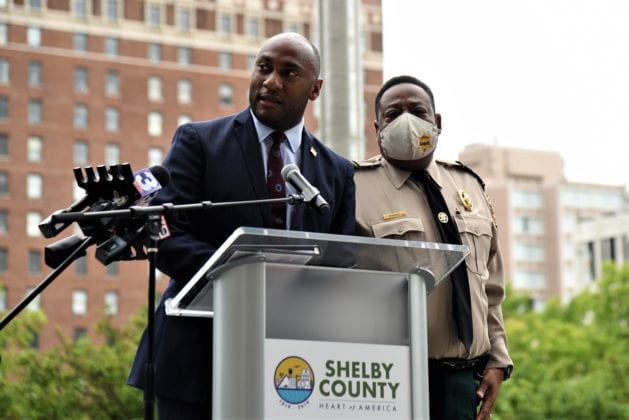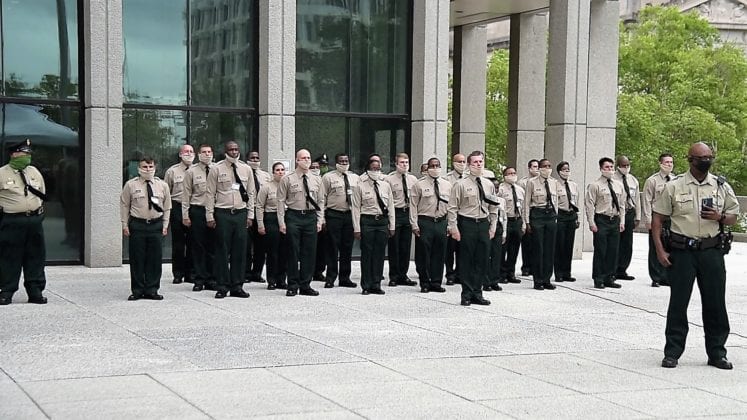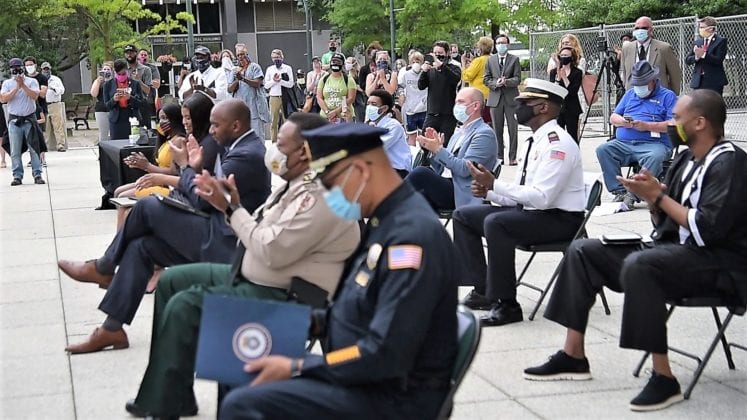Habari gani (What is the news?) Memphis!
Mesha Camp, the newest edition to The New Tri-State Defender’s reporting corps, weighs in on local police-community relations, concluding in an analysis that Memphis needs a new relationship model to advance.
Conversations about police reform are warranted but should be done in coordination with police, Memphis Police Association President Michael Williams said in an exclusive interview with Erica R. Williams.
Some Shelby County Schools board members and an array of local residents are telling the SCS administration to put a “sense of urgency” into tracking the district’s spending with minority-owned companies.
Cynthia Daniels, as in Cynthia Daniels & Co. and Black Restaurant Week, debuts a time-is-now event on June 19: The Juneteenth Shop Black Virtual Experience.
Six months into 2020 and many people are already feeling like this is the worst year of this millennium, writes TSD iMom columnist Brittany Holst, who envisions the ongoing protests as the civil rights movement 2.0.
Dr. Rosalyn R. Nichols, pastor of Freedom’s Chapel Christian Church (DOC), writes that the times require that we “act with the certainty needed to get to our goal, courageously dealing with things just as they are, resolutely facing – and surmounting – all dangers seen and unseen.” She adds that when it’s time to reset, “…go outside. Plant a garden. Take a deep breath. Honor God’s creation!
Both sides want “something better” for Memphis. That is the common ground that launched a meeting Wednesday involving some of the leaders of local protests and at least three high-profile local leaders.
In her ongoing observance of African American Music Month, #ACCESS901 columnist Joy Doss turns to “House music all night long” and specifically to Shango Cooke, who keeps the party going.
All of that and this too:

Free masks are back at county public health clinics
As of today, June 11, 2020, the Shelby County Health Department will once again dispense fabric face masks to the public at 814 Jefferson and its other public health facilities located around Shelby County.
The masks, provided in partnership with Tennessee Governor Bill Lee’s Unified Command Group, have been declared safe for human use by the Environmental Protection Agency (EPA) and the Tennessee Department of Health.
The masks may be picked up, while supplies last, at all Shelby County Health Department locations listed below during the hours of 8 a.m. and 3:30 p.m., with the exception of the Collierville clinic, which is open Tuesday and Thursday only. No appointment is needed to pick up a mask.
- Cawthon Public Health Clinic – 1000 Haynes, 38114
- Collierville Public Health Clinic (Tuesday and Thursday, 9 a.m. – 3:30 p.m.)
- 167 Washington St., 38017
- Hickory Hill Public Health Clinic – 6590 Kirby Center Cove, 38118
- Shelby Crossing Public Health Clinic – 6170 Macon Road, 38133
- Southland Mall Public Health Clinic – 1287 Southland Mall, 38116
On June 1, the Health Department stopped the distribution of the black, knitted face masks provided by the State of Tennessee for distribution to the public.The masks, manufactured by Renfro Corp., were treated with a chemical called Silvadur, an anti-microbial agent applied to fabrics to reduce the growth of odor-causing bacteria.
According to the manufacturer, only trace amounts of the chemical are applied to the fabric and the chemical diminishes each time the mask is washed. SCHD had stopped distributing the masks pending more information.
Many fabrics are treated with Silvadur 930, including sheets, pillow cases, athletic wear and underwear.
According to the EPA, once Silvadur 930 is incorporated into the fabric, it is extremely unlikely it would be inhaled. EPA concludes that inhalation exposure is negligible and not a health concern.
The Health Department will also provide the masks to partnering agencies for them to distribute in the community.
For more information about COVID-19 call the Shelby County Health Department’s COVID-19 hotline at 833-943-1558 or visit the COVID-19 webpage: www.shelbytnhealth.com/coronavirus.
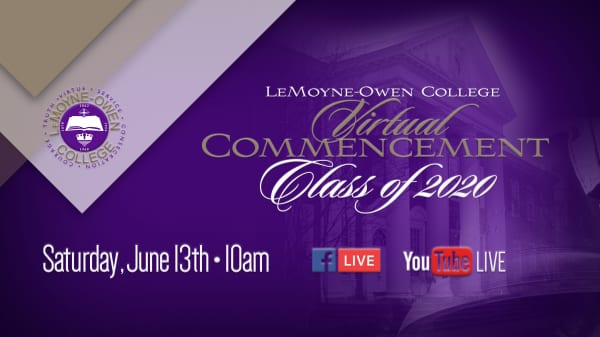
LOC takes 2020 commencement virtual
LeMoyne-Owen College’s 150th Spring Commencement ceremony will be a virtual affair via LeMoyne-Owen’s Facebook Live and YouTube Live on Saturday (June 13) at 10 a.m. CST.
Expect messages from local and national alumni, local celebrities and members of the LeMoyne-Owen College community. “The Bell Ringer,” Memphis DJ will host the virtual after party.
“While we look forward to an in-person ceremony in the future, we could not let the Class of 2020 go unrecognized for all they accomplished by staying the course to complete their degree during a pandemic,” says LOC Interim President Dr. Carol Johnson Dean. “This is the magic and the legacy of LeMoyne-Owen College.”
Look for LeMoyne-Owen’s traditional graduation later in the fall. For more information, visit https://www.loc.edu/about/commencement.
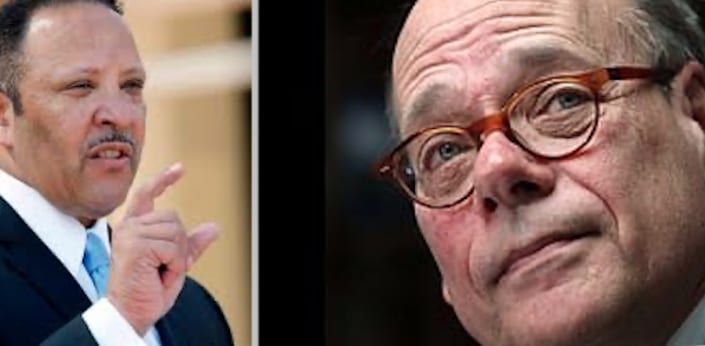
Hearing on police practices/law enforcement accountability puts Cohen, Morial on same page
WASHINGTON – Congressman Steve Cohen (TN-09) is a senior member of the House Judiciary Committee and chairman of the Subcommittee on the Constitution, Civil Rights and Civil Liberties.
On Wednesday, Cohen found common ground with former New Orleans Mayor and National Urban League President Marc Morial regarding the recently introduced Justice in Policing Act, which incorporates three bills long pushed by Cohen: the National Statistics on Deadly Force Transparency Act (H.R. 119), the Police CAMERA Act (H.R. 120) and the Police Training and Independent Review Act (H.R. 125).
In questions to Morial, Cohen said:
“Part of this bill is a provision which Ms. (Vanita) Gupta (President and Chief Executive Officer, Leadership Conference on Civil and Human Rights) had in her recommendations that an independent prosecutor would restore confidence in the public. Would it?”
Morial said the provision was “an essential element” in the proposed legislation. “This is a reform whose time has come,” he said.
See Congressman Cohen’s exchange with the witnesses here.
Are you down with this?
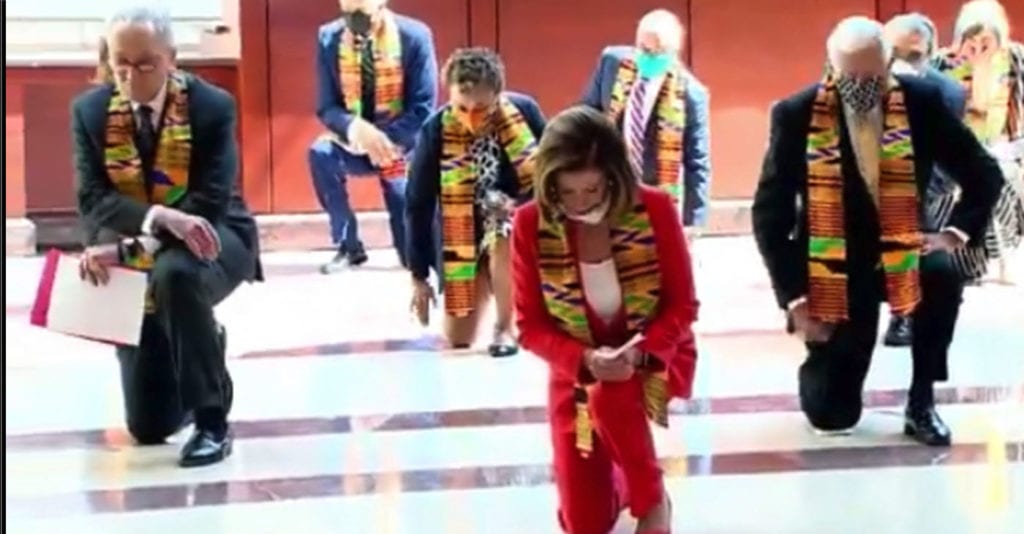
Today’s TSD MUSIC VIBE: “Good Life” by Inner City


